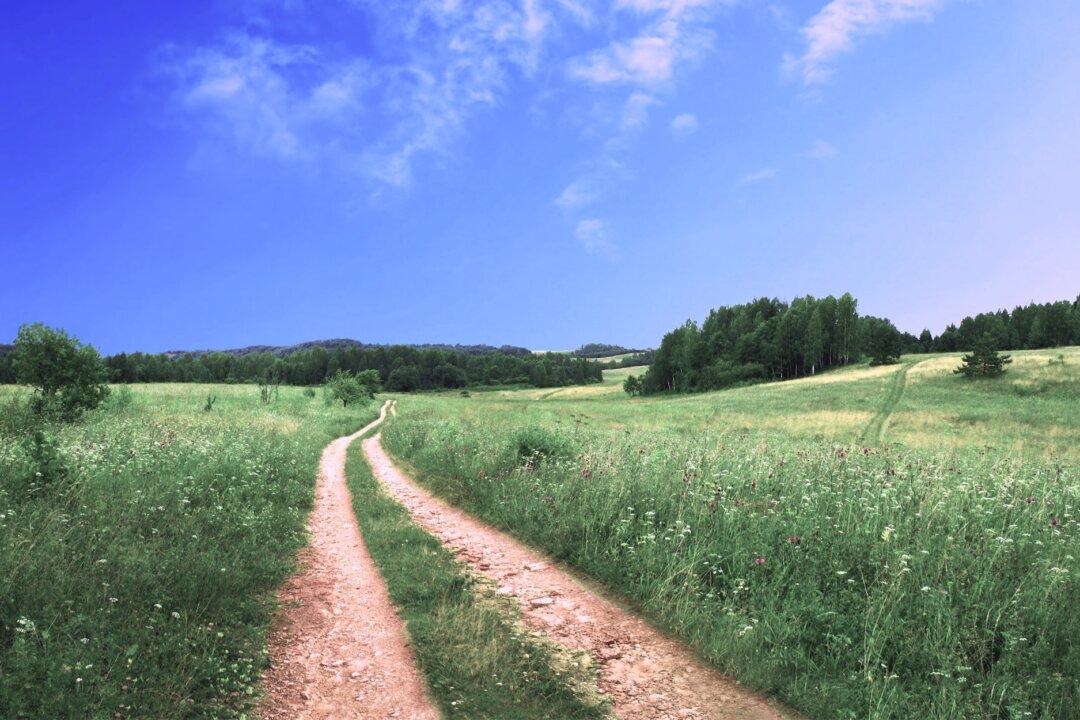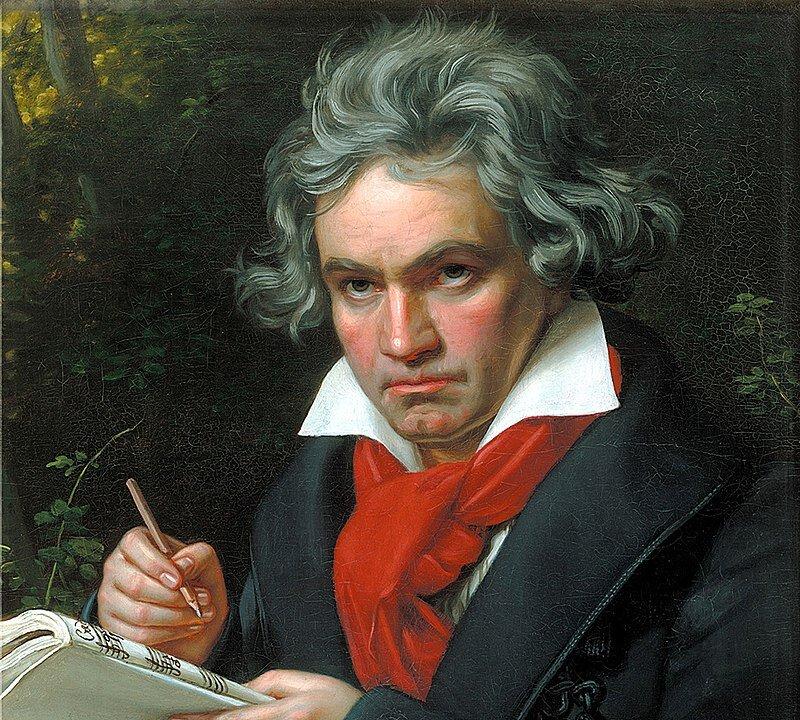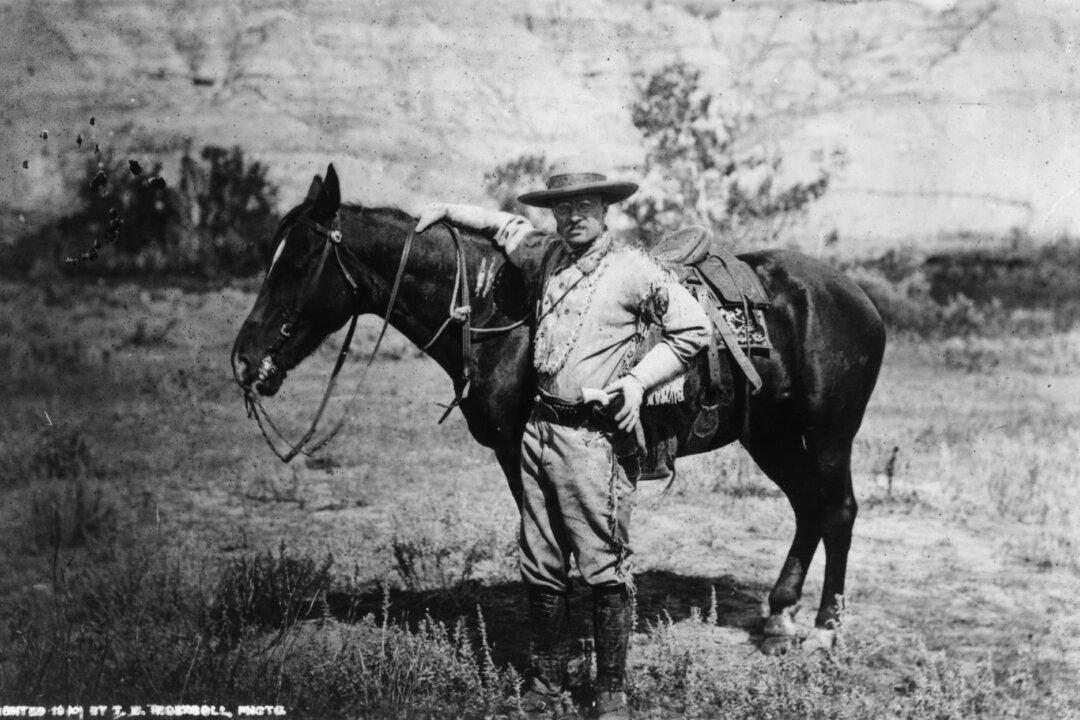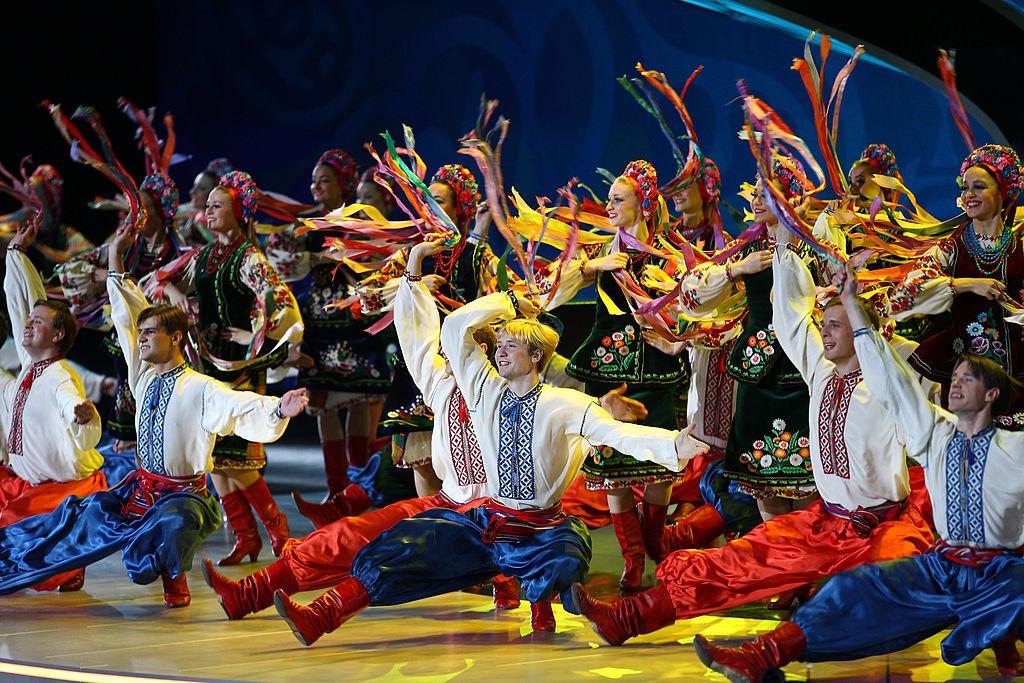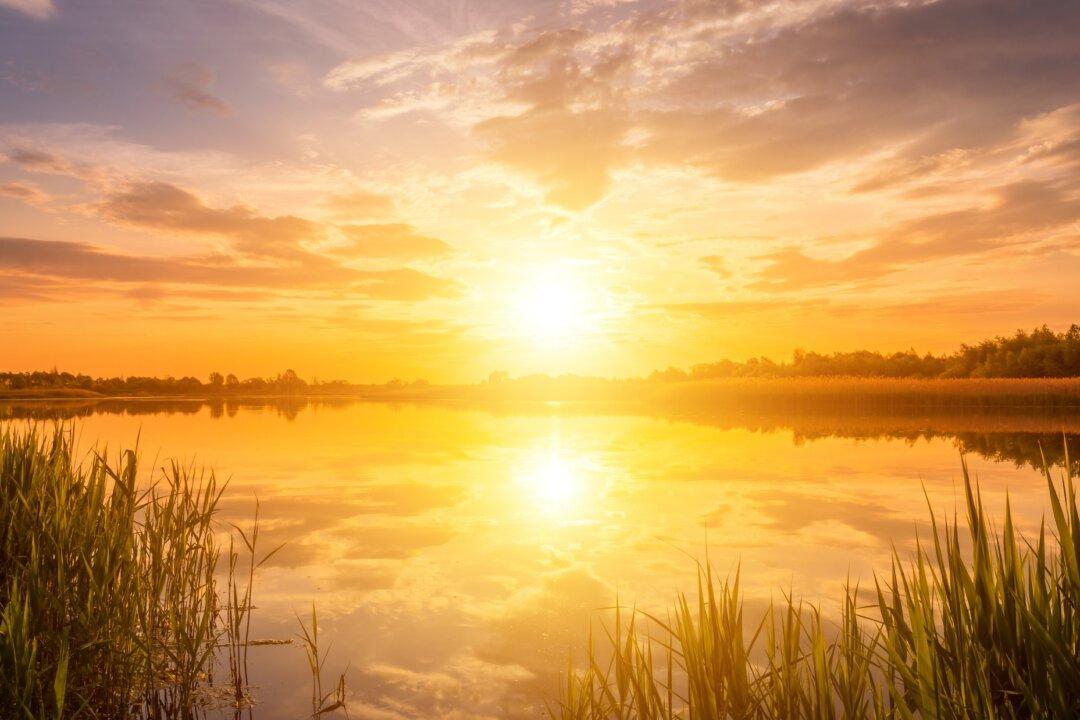I don’t know about you, but for me, ‘The grass is always greener” has helped me navigate through many a shaky moment. Whether it be wanting what others have or wanting something that just generally seems better, in the end, this proverb has proven a sound guide.
If we reflect back on life and the lives of people we know, we find that “the grass is greener” is a pervasive trap that it is wise to be on the lookout for. The adage can help guide everything from marriage to career to homeownership decisions.

